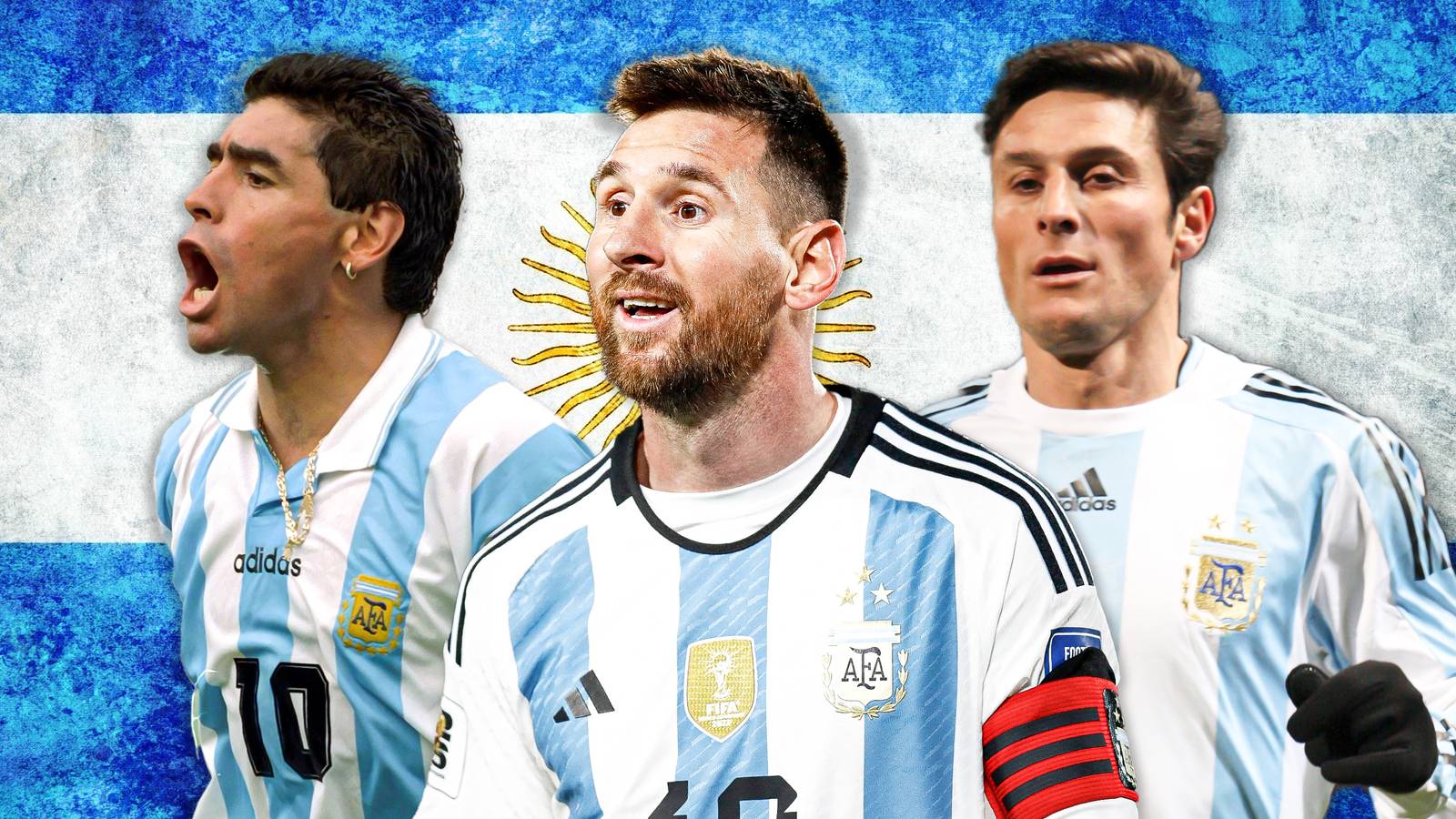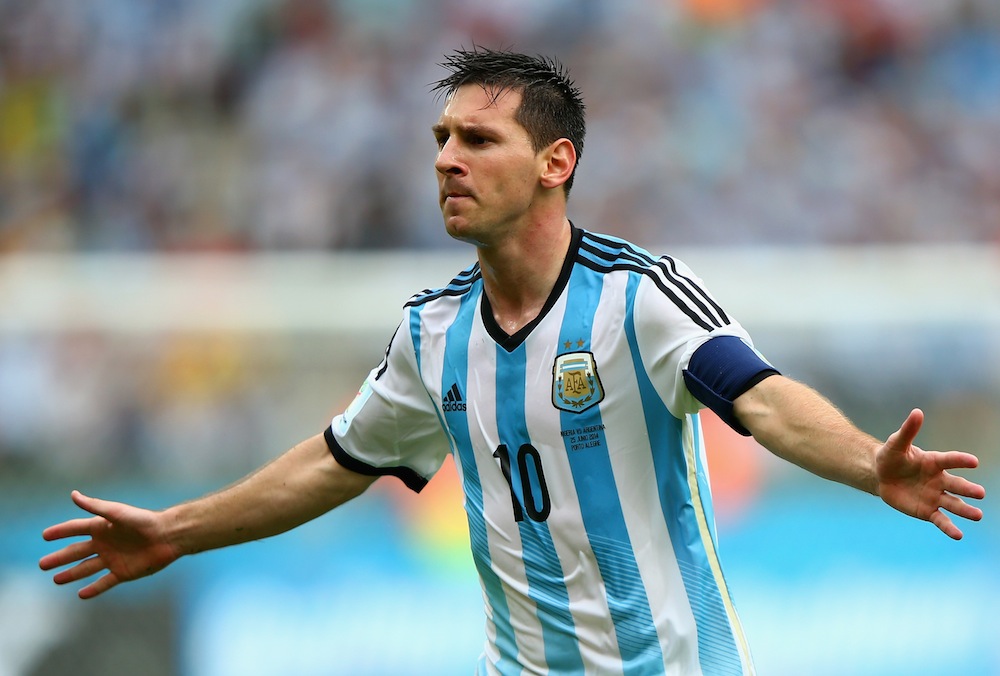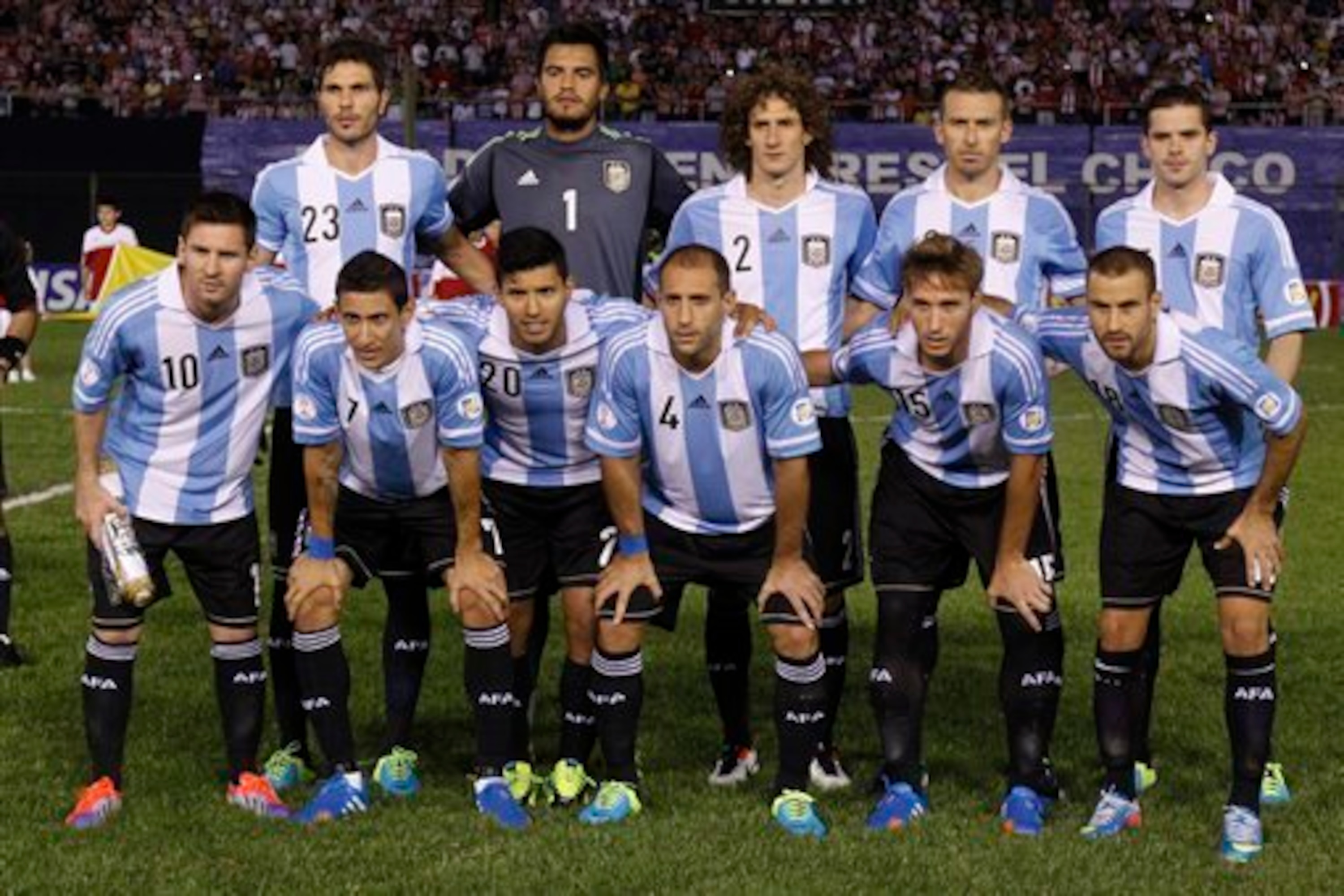The Crazy Idea that Started It All
Man, I swear, half the projects I start come from me being stubborn during a totally dumb argument. This time, it was last Tuesday night, shouting across the bar at my buddy, Phil. He was absolutely convinced that the 2014 Argentina team was just Messi and ten traffic cones. I told him he was dead wrong, that Mascherano was the absolute engine, and that Di María carried them through half the knockout rounds before he got crocked. Phil just scoffed and said, “Prove it, dude. Give me the real ranking, not just some fanboy list.”

That was it. I got pissed off. I immediately decided I had to dismantle his argument with cold, hard evidence—or at least, cold, hard subjective analysis based on rewatching seven entire football matches. My mission wasn’t just to rank the best players, but to isolate the true MVP—the Most Valuable Player, the one who, if you yanked them out, the whole structure collapses. This wasn’t about glamour goals; this was about sheer utility.
Setting the Rules and Digging Up the Footage
The first thing I had to do was figure out what “valuable” actually means. It can’t just be goals and assists. I needed metrics that accounted for the dirty work. I spent the next morning hammering out a four-point scoring system for every player who featured significantly in the tournament, especially those who made my initial shortlist of twelve candidates.
I hunted down high-quality streams of all seven matches they played: the three group stage games, and the knockout rounds against Switzerland, Belgium, the Netherlands, and Germany. This part was a logistical nightmare. Finding full, uninterrupted matches from ten years ago that aren’t just shaky YouTube highlights is a pain in the ass. But I secured the archive late Thursday night. Game on.
My metrics, which I scribbled down on a notepad I found under a pile of bills, looked like this:
- Consistency Rating (1-10): Did they perform well against Bosnia AND against Germany? No disappearing acts allowed.
- Defensive Utility Score (1-10): How often did they win back possession, intercept, or stop a crucial attack? This was huge for the defensive midfielders and fullbacks.
- Critical Moment Impact (1-10): Did their actions directly lead to a goal, prevent a certain goal, or turn the tide of a stagnant game? This separates the good from the great.
- Physical Endurance/Presence (1-10): Did they run their socks off? Were they visible and authoritative for 120 minutes?
The Brutal Grind: Rewatching 700 Minutes of Football
Friday night, I sat down and started the process. My wife was watching some terrible reality TV, so I had my headphones clamped on and three screens running: the match footage, my spreadsheet, and a clock to track specific events. I wasn’t just enjoying the game; I was documenting every touch, every tackle, and every instance of visible frustration.

The group stage was actually a blast to watch again. Messi was spectacular, obviously, but I tracked Marcos Rojo’s forward drives and how crucial Romero was in goal, especially against Iran where they were under constant pressure. The deeper I went, the more the narrative changed from “Messi’s team” to “Mascherano’s foundation.”
The knockout stage was the real slog. That quarter-final against Belgium was tight, but the semi-final against the Netherlands? Man, that was two hours of pure defensive trench warfare, followed by penalties. That match alone took me four hours to fully score because I was analyzing every single sprint Mascherano made to cover space. I was physically exhausted just watching him.
By Sunday morning, I had finished the final against Germany. I had massive data points for twelve players, and my initial ranking sheet was a total mess of highlighter marks and scribbled notes. I poured myself another coffee and got serious about finalizing the Top 5.
The Final Scorecard and Slotting the Pieces
The analysis revealed what I already suspected, but proved it mathematically through my rough scoring system. Messi had the highest raw scores for Critical Moment Impact and Consistency, obviously. But when I factored in Defensive Utility, the gap between him and the true workhorses narrowed significantly. My focus had to be on who was irreplaceable.
I drafted my preliminary list. Messi had to be number one, no question, based on sheer gravity and impact. But who was next? Di María was a monster until he got hurt, but that injury hurt his total score. Romero was incredible in penalties, but his utility outside of that was lower than the consistent midfield screen.

This is where Mascherano rose above. He had perfect 10s for Defensive Utility and Physical Endurance. He was the only player who never, ever dipped. That man single-handedly saved Argentina’s skin about seven times in the knockout rounds, including that infamous tackle on Robben. His leadership score, which I later added as an intangible bonus, was off the charts.
My final process involved scrolling through the totals one last time, cross-referencing my notes on specific plays (like Rojo’s goal against Nigeria or Higuain’s movement against Belgium). I had to be brutal with players who had one great game and three mediocre ones. Consistency was king.
I settled on my final Top 5 and confirmed the data. This wasn’t about who sold the most jerseys. This was about who kept the whole shaky structure upright and functioning for seven grueling matches. The choice for the ultimate MVP became screamingly obvious, pulling away from the star power.
The Verdict: Nailing the MVP
After all that watching, all those notes, and two solid days of arguing with myself, I locked down the final ranking. The top five were confirmed, and I had the proof I needed for Phil.
My list, in descending order of value, ended up being:

- 5. Enzo Pérez (The steady late-stage replacement)
- 4. Ángel Di María (The explosive engine that broke down defenses)
- 3. Sergio Romero (The penalty hero and clutch shot-stopper)
- 2. Lionel Messi (The undisputed technical genius and goal threat)
But when it came down to the Most Valuable Player—the guy whose absence destroys the team—it wasn’t the guy who scored. The true MVP, the absolute spine and spiritual leader of that run, wasn’t Messi. It was the man who logged more defensive intercepts and motivational shouts than anyone else on the pitch. I concluded and confirmed that the most valuable player of the 2014 Argentine squad was Javier Mascherano. He wasn’t the best player, but he was undeniably the most valuable piece of that machine.
Now all I need to do is send this 900-word dissertation to Phil and wait for his inevitable, whiny reply.
